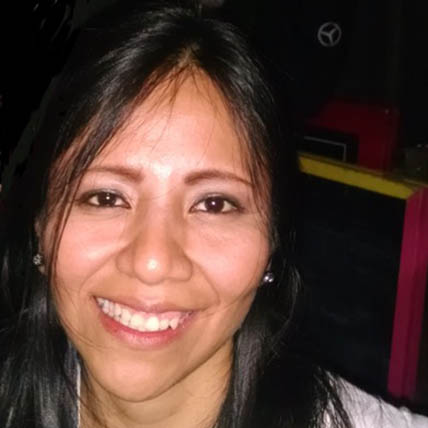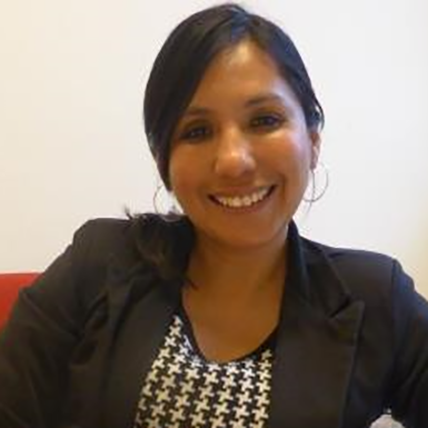DISE: Track on Data-drIven Software Engineering
Being 2018 a special year for celebrating 50 years of tremendously successful of research, education and practices in software engineering, SIMBig is pleased to present the DISE (Data-drIven Software Engineering) for its first edition.
Software engineering is the application of engineering techniques and methods to the software development. It gains more and more importance in research, high-reputed international conference series such as ICSE, ASE and ESEM offer dedicated venues for discussing research advancements in software engineering. On the other hand, thanks to the era of data software engineering has gained ground in many fields introducing new technologies to support most of human actions from housework until military actions.
The DISE track aims to provide an open forum for researchers, practitioners and educators in Peru and Latin America i) to discuss their current work on data-driven software engineering practices ii) to share experiences on the usage of data science methods and tools in solving problems of software engineering and iii) to identify the main challenges on the topic of knowledge transfer between data science and software engineering communities.
More concretely we aim at creating an occasion for discussing data-driven software engineering via exploring:
- - New scenarios, methods and techniques for data-driven software engineering
- - New and emerging ideas about techniques for data-driven software engineering
- - Experiences on trying to solve problems of software engineering exploiting users and contextual data
- - Synergies and interactions among cross-system data-driven software engineering techniques and methods
We are looking for contributions that investigate models, design principles, methods and techniques for software engineering using a data-driven approach. The topics include but are not limited to:
- Data-driven search based software engineering.
- Model-driven software engineering for exploiting users and contextual data.
- Data-driven software evolution and maintenance.
- Data-driven software adaptation.
- Data-driven self-* (self-management, self-adaptation, self-protection, etc.) systems.
- Data-driven security and privacy .
- Data-driven software testing.
- Data-driven requirement engineering .
- Affective software engineering.
- Data-driven educational software engineering.
- Crowdsourcing for Software Engineering .
- Ethical issues on data collection and exploitation.
- Platforms and Infrastructure for data-driven software engineering.
- Data-driven design pattern for software engineering.
- Non-functional aspects of Big Data processing.
- All research submissions must be in English.
- Submissions must be in PDF, formatted with the Springer Publications format. For details on the Springer style, see here.
Submissions for SIMBig 2018 - DISE here.
- Alejandro Catala (University of Twente, Netherlands)
- Cristian Lopez (Universidad de la Salle, Peru)
- Daniel Rodriguez (Universidad de Alcalá, Spain)
- David Gomez-Jauregui (ESTIA, France)
- Davide Fucci (University of Hamburg, Germany)
- Dietmar Pfahl (University of Tartu, Estonia)
- Itzel Morales Ramirez (Infotec, Mexico)
- Joao Araujo (Universidade Nova de Lisboa, Portugal)
- Jose Antonio Pow Sang (PUCP, Peru )
- Lizeth Tapia (University of Oslo, Norway)
- Manuel Munier (Université de Pau et des Pays de l'Adour, France)
- Nazim Madhavji (University of Western Ontario, Canada)
- Nour Ali (Brunel University London, UK)
- Oscar Pastor (Universitat Politècnica de València, Spain)
- Vanea Chiprianov (Université de Pau et des Pays de l'Adour, France)
- Vincent Lalanne (Université de Pau et des Pays de l'Adour, France)
- Yuanyuan Zhang (University College London, UK)
- Yudith Cardinale (Universidad Simon Bolivar, Venezuela)
Track Chairs



Carlos
Gavidia Calderon
PhD(c) degree in computer science
University College London




